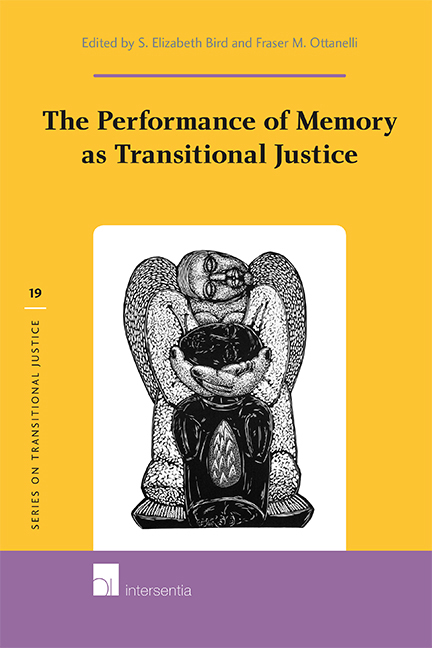Chapter 1 - Troubles with Truth Commissions: Putting the Moral Aims of Truth Commissions to the Fore
Published online by Cambridge University Press: 16 December 2020
Summary
‘There would be such a thing as “the truth about the past” only if there were one most basic question about the past that was the concern of those inquiring into it, and there is no such question’.
Bernard Williams, Truth and TruthfulnessThe rapid proliferation of truth commissions has attracted intense and sustained attention. Depending on how one defines and counts them, there have been more than thirty and possibly more than forty such commissions in the past several decades. Attention by researchers, scholars, and participants tracking the rationales, operations, and outcomes of truth commissions escalated sharply in response to South Africa's innovative, controversial, and globally visible Truth and Reconciliation Commission in the mid-1990s. The scholarly attention to truth commissions has ranged from endorsement to scepticism. As early as 2001, in the introduction to the first edition of her landmark study of truth commissions, Priscilla Hayner says, ‘Unfortunately, many comfortable assumptions have been restated over and over again in untested assertions by otherwise astute and careful writers, thinkers, and political leaders.’ High expectations and incautious generalisations, however, are increasingly being submitted to more careful scrutiny and methodologically rigorous attempts at empirical confirmation.
Analysis of the roles, values, or effects of truth commissions is dauntingly complex. Claims about the aims of truth commissions encompass moral, civic, political, social, psychological, epistemological, and historical objectives. The varied aims of truth commissions can also focus on different levels and actors: the victims of political repression and violence, individual perpetrators, and the institutions and institutional cultures of a society that are implicated in abuses, as well as prevalent behaviours and self-understandings of social groups or society as a whole. Truth commissions have been said to do or aim at many things: to establish a clear and authoritative record of a period of abuses, including their causes, patterns, and circumstances; to restore the dignity and address the suffering of victims and their families; to prevent like abuses from recurring in the future; to create public accountability of individual perpetrators and societal institutions, and to examine complicity in a society at large; to make recommendations for reform, reparations, and prosecutions; to educate the public and to prevent denial and revisionism about eras of abuse; to create a new national narrative or a unifying collective memory; to promote democracy, the rule of law, and respect for human rights; to contribute to national reconciliation.
- Type
- Chapter
- Information
- The Performance of Memory as Transitional Justice , pp. 7 - 22Publisher: IntersentiaPrint publication year: 2014

